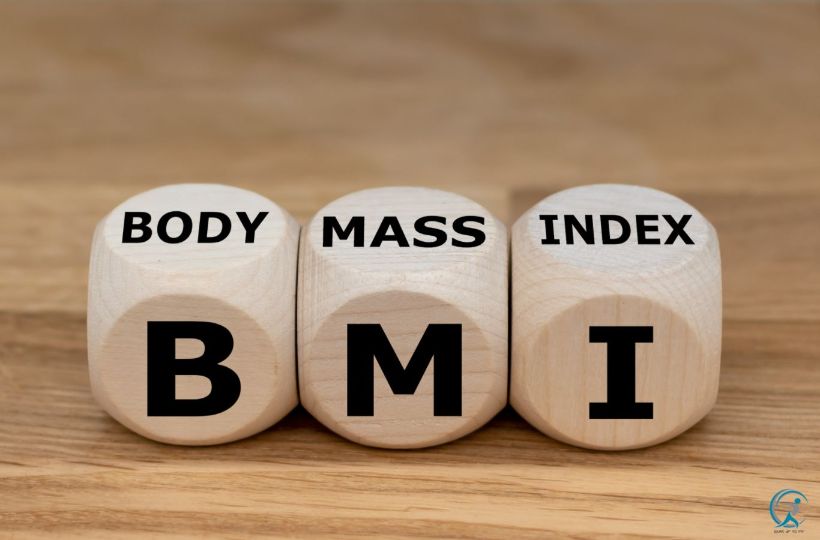Discover if your weight falls within a healthy range and learn how to achieve your optimal health with our free, accurate, and user-friendly Body Mass Index (BMI) calculator. Empower yourself with essential knowledge from our Metabolic Health vs BMI guide, BMI for Active Lifestyles, and BMI reduction tips to take control of your well-being today.

Body Composition Rebels: Shattering the BMI Myth
Free BMI Calculator: Instant Body Mass Index Results & Health Insights
Key Takeaways
- Holistic Health Assessment: Use BMI alongside other health indicators and consult healthcare professionals for a comprehensive health evaluation.
- Understanding BMI: BMI compares your weight to your height to provide a general indication of your body fat percentage.
- BMI Categories:
- Underweight: Below 18.5 kg/m²
- Healthy Weight: 18.5–24.9 kg/m²
- Overweight: 25–29.9 kg/m²
- Obese: 30 kg/m² and above
- Waist Circumference Matters: Monitoring your waist size can help assess health risks associated with abdominal fat.
- Limitations of BMI: BMI doesn’t distinguish between muscle and fat and may not account for factors like age, sex, ethnicity, or muscle mass.
- Health Risks: Being overweight or underweight can lead to health issues like cardiovascular diseases, diabetes, and nutritional deficiencies.
Calculate Your Body Mass Index
Body Mass Index (BMI) Calculator
Master Your Weight with Our Free, Powerful Tool
BMI Categories:
Note: BMI is a general indicator and may not be accurate for athletes, pregnant women, or the elderly.
BMI Chart
BMI History
Health Resources
Customize Theme
What is Body Mass Index (BMI)?
- Body Mass Index (BMI) is a numerical value derived from your weight and height. It provides a reliable indicator of body fatness for most people and is used to screen for weight categories that may lead to health problems.
- Why Is BMI Important?
- Health Assessment: Helps identify if you’re at a healthy weight.
- Risk Indicator: Highlights potential health risks associated with being underweight or overweight.
- Guidance Tool: Assists healthcare professionals in developing appropriate health plans.
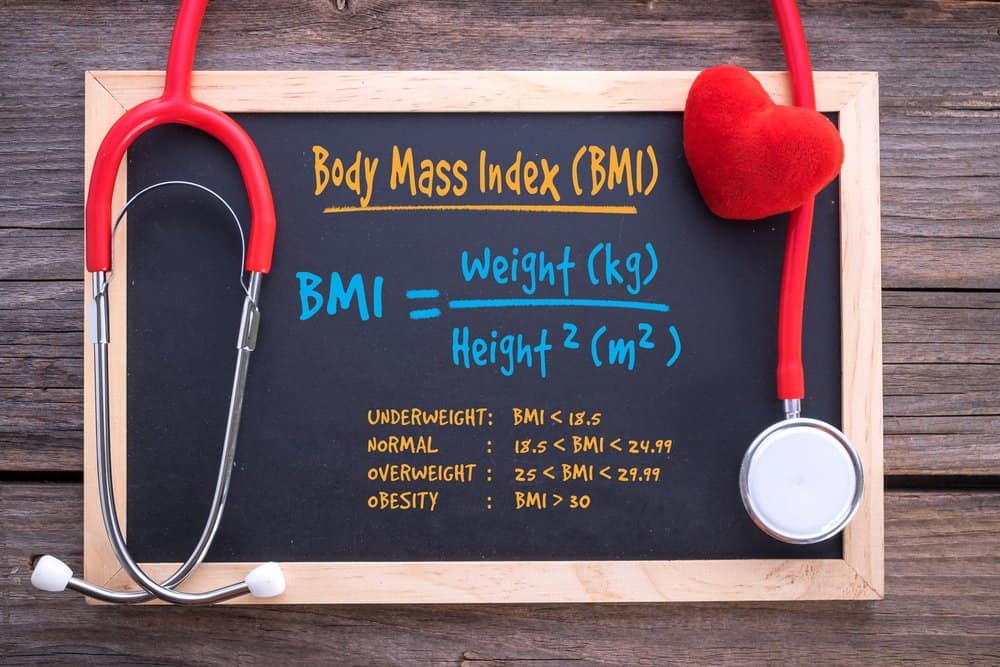
Understanding Your BMI Result
BMI Categories and Health Implications
| BMI Category | BMI Range (kg/m²) | Health Risks | Recommendations |
|---|---|---|---|
| Underweight | Below 18.5 | Increased risk of malnutrition, weakened immunity, osteoporosis | Consult a healthcare professional for personalized advice. |
| Healthy Weight | 18.5–24.9 | Lower risk of chronic diseases | Maintain a balanced diet and regular physical activity. |
| Overweight | 25–29.9 | Increased risk of type 2 diabetes, heart disease, certain cancers | Adopt healthy eating habits and increase physical activity. |
| Obese | 30 and above | High risk of serious health conditions | Seek guidance from healthcare providers for weight management. |
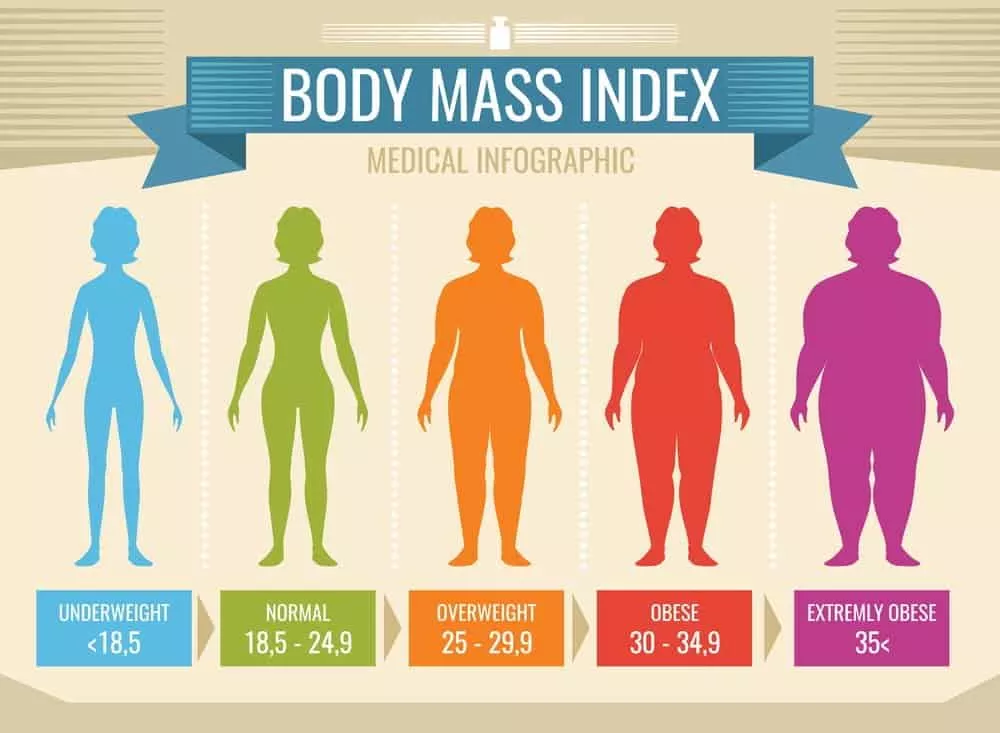
Understanding your BMI result
Underweight
Being underweight can signify you’re not eating sufficiently or might be unhealthy. If you’re skinny, a General Practitioner can assist.
Healthy and balanced weight
Keep up the excellent work! Look at the Nutrition, Weight Loss, and Fitness sections for tips on keeping a healthy and balanced weight.
Overweight
The best and most reliable way to drop weight if you’re overweight is via a diet plan and a workout.
Our calculator delivers your BMI score along with a clear interpretation:
- Underweight: Below 18.5 kg/m²
- Healthy Weight: 18.5-24.9 kg/m²
- Overweight: 25-29.9 kg/m²
- Obese: 30 kg/m² and above
The Body Mass Index (BMI) Calculation Tool provides a personal calorie allocation to aid you in accomplishing a healthy weight safely.
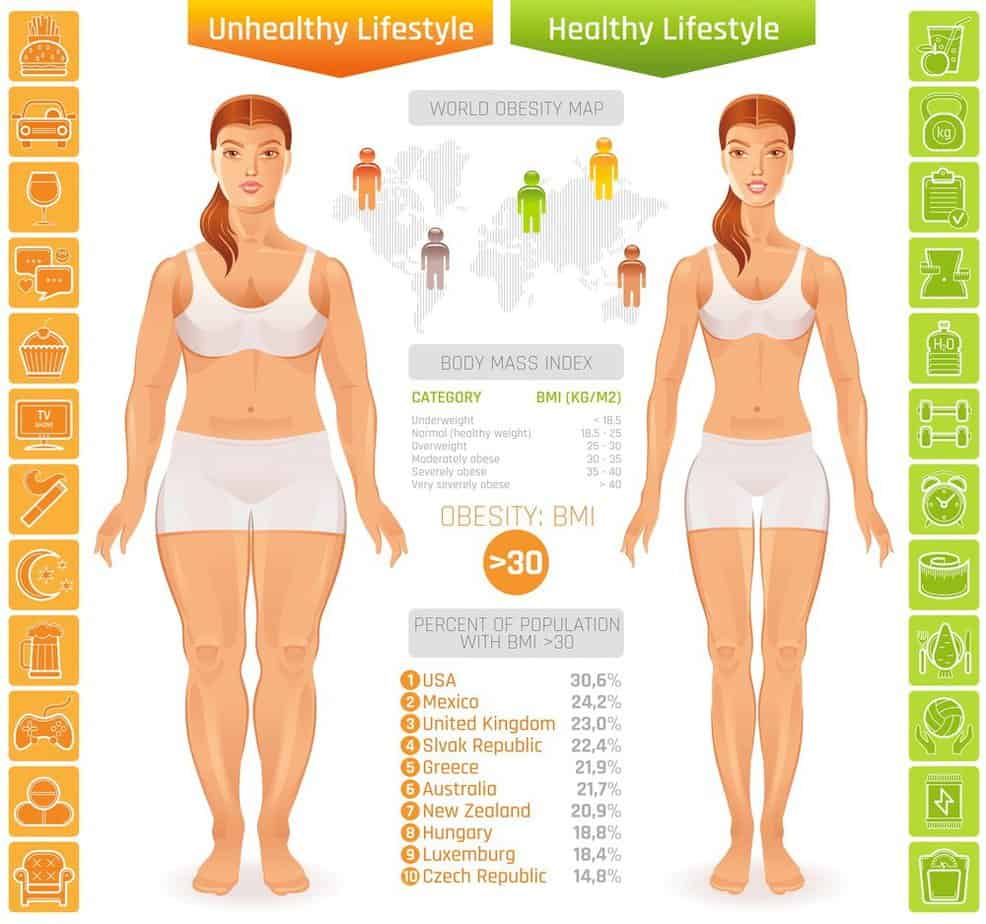
Waist Circumference: An Important Measure
Measuring your waist circumference helps assess health risks linked to excess abdominal fat, which is a risk factor for heart disease and type 2 diabetes.
How to Measure Your Waist:
- Find the midpoint between the bottom of your ribs and the top of your hips.
- Wrap a tape measure around your waist at this point.
- Breathe out naturally and take the measurement.
Healthy Waist Circumference Guidelines:
- Men:
- Increased Risk: 94 cm (37 inches) or more
- High Risk: 102 cm (40 inches) or more
- Women:
- Increased Risk: 80 cm (31.5 inches) or more
- High Risk: 88 cm (34.5 inches) or more
Taking Action Based on Your BMI
Underweight (BMI Below 18.5)
Being underweight can indicate nutritional deficiencies or health issues.
- Health Risks: Weakened immunity, osteoporosis, fertility issues.
- Recommendations:
- Consult a healthcare professional.
- Incorporate nutrient-rich foods into your diet.
- Consider strength training to build muscle mass.
Healthy Weight (BMI 18.5–24.9)
Maintaining a healthy weight reduces the risk of chronic diseases.
- Recommendations:
- Continue balanced eating habits.
- Engage in regular physical activity.
- Monitor weight regularly.
Overweight (BMI 25–29.9)
Excess weight can increase the risk of health problems.
- Health Risks: Type 2 diabetes, high blood pressure, heart disease.
- Recommendations:
- Evaluate dietary habits.
- Increase physical activity.
- Seek advice from a nutritionist or healthcare provider.
Obese (BMI 30 and Above)
High obesity levels significantly raise health risks.
- Health Risks: Serious chronic diseases, reduced quality of life.
- Recommendations:
- Consult healthcare professionals for a weight management plan.
- Consider lifestyle changes under professional guidance.
- Monitor progress regularly.
Limitations of BMI
While BMI is a useful tool, it has limitations:
- Not Diagnostic: BMI is a screening tool, not a diagnostic measure.
- Doesn’t Differentiate Between Muscle and Fat: Athletes may have a high BMI due to muscle mass.
- Doesn’t Account for All Factors: Age, sex, ethnicity, and body composition aren’t considered.
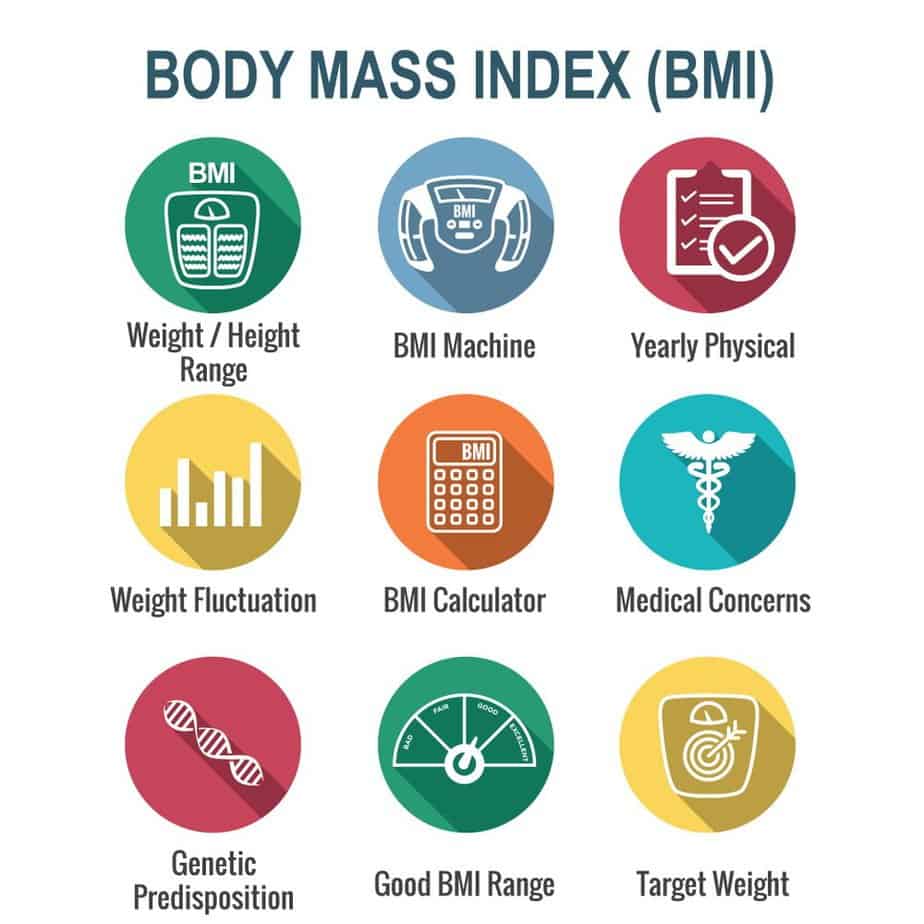
Additional Considerations
Importance of a Holistic Approach
- Combine Measurements: Use BMI alongside waist circumference and other health indicators.
- Consult Professionals: Always seek advice from healthcare providers for personalized assessments.
- Consider Lifestyle Factors: Diet, physical activity, and habits play significant roles in health.
Nutrition and Exercise
Stay Hydrated: Drink plenty of water throughout the day.
Balanced Diet: Focus on whole foods, lean proteins, healthy fats, and whole grains.
Regular Physical Activity:
Aim for at least 150 minutes of moderate aerobic activity per week.
Include strength training exercises twice a week.
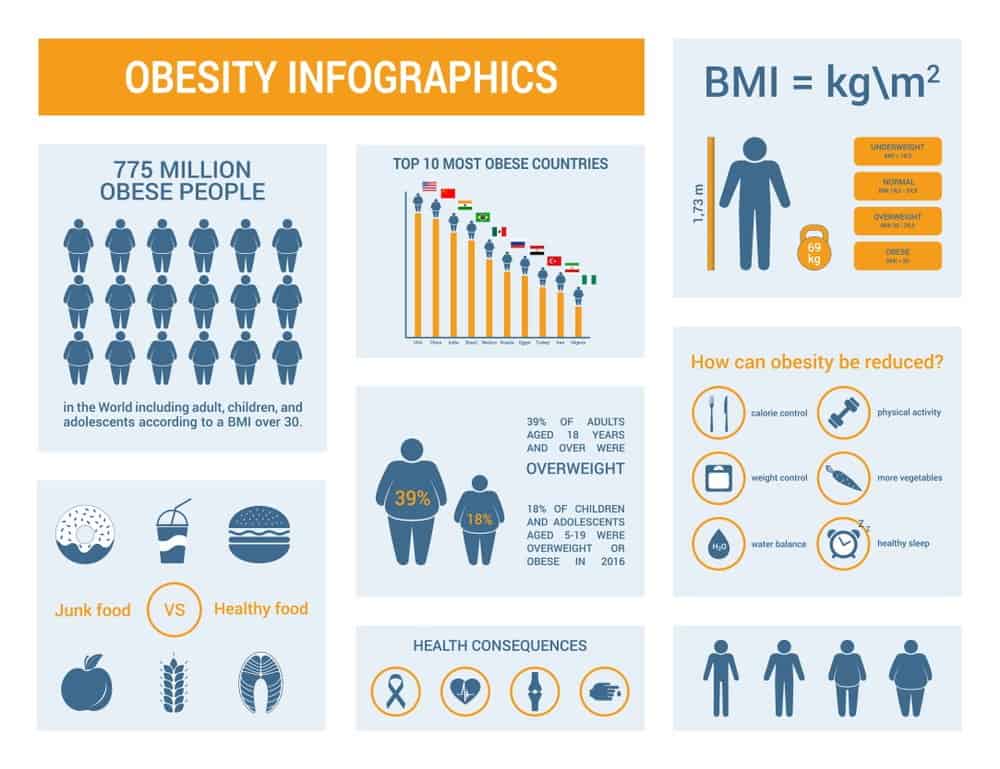
Dangers associated with being obese
Being obese increases the threat of several significant diseases and wellness conditions. Below is a list of stated risks, according to the Centers for Disease Control and Prevention (CDC):
- Hypertension.
- Higher levels of LDL cholesterol, which is “bad cholesterol.”
- Type II diabetes.
- Coronary heart problem.
- Stroke.
- Gallbladder illness.
- Osteoarthritis is a kind of joint condition brought on by the malfunction of joint cartilage.
- Sleep apnea and also breathing issues.
- Specific cancer types (endometrial, bust, colon, kidney, gallbladder, liver).
- Low quality of life.
- Mental diseases, such as clinical depression, anxiety, and others.
- Body pains and also problems with certain physical features.
- Usually, a boosted mortality risk is contrasted to those with a healthy and balanced BMI.
As the checklist Indicates, there are many adverse, in some cases, fatal, results that might arise from being overweight. Usually, a person should attempt to keep a BMI below 25 kg/m2. However, ideally must consult their medical professional to figure out whether or not they need to make any changes to their way of living to be healthier.
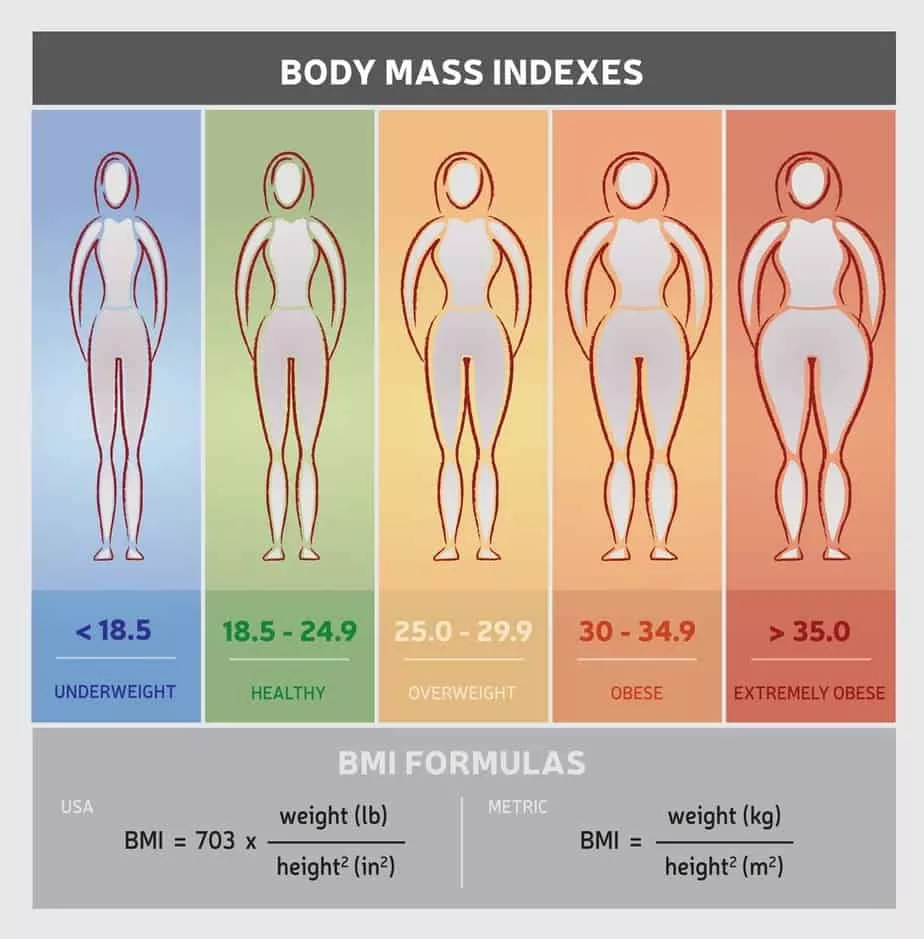
BMI in Children and Teens
For individuals aged 2 to 18, BMI is calculated differently, taking age and sex into account.
- Growth Patterns: Children’s BMI is compared using percentiles.
- Health Assessment:
- Underweight: Below the 5th percentile
- Healthy Weight: 5th to 85th percentile
- Overweight: 85th to 95th percentile
- Obese: Above the 95th percentile
- Recommendations:
- Consult a pediatrician for growth and health assessments.
- Encourage healthy eating and physical activity.
Risks Associated with Unhealthy Weight
Being Overweight
- Health Risks:
- Type 2 diabetes
- Heart disease
- Stroke
- Certain cancers
- Sleep apnea
- Emotional Impact: May lead to depression and low self-esteem.
Being Underweight
- Health Risks:
- Nutritional deficiencies
- Weakened immune system
- Fertility issues
- Osteoporosis
- Emotional Impact: Potential for eating disorders or body image issues.
Frequently Asked Questions
Is BMI an Accurate Measure of Health?
While BMI is a useful screening tool, it doesn’t measure body fat directly or account for muscle mass, bone density, overall body composition, and racial and sex differences.
Can I Rely Solely on BMI to Assess My Health?
No. It’s important to consider other factors like waist circumference, diet, physical activity level, and other health indicators.
How Can I Improve My BMI?
Focus on a balanced diet, regular physical activity, and consult a healthcare professional for personalized advice.
Conclusion
Understanding your BMI is a significant first step towards achieving and maintaining optimal health. Remember that it’s just one of many tools available. A holistic approach that includes a balanced diet, regular exercise, and professional guidance will offer the best path to a healthier you.Take charge of your health today—calculate your BMI, assess your lifestyle, and make informed decisions for a better tomorrow.
Disclaimer: This information is for educational purposes and should not replace professional medical advice. Always consult with a qualified healthcare provider regarding any health concerns or before starting a new diet or exercise program.
Additional Resources
American Heart Association: Managing Your Weight
World Health Organization (WHO) BMI Guidelines
Centers for Disease Control and Prevention (CDC) on BMI
